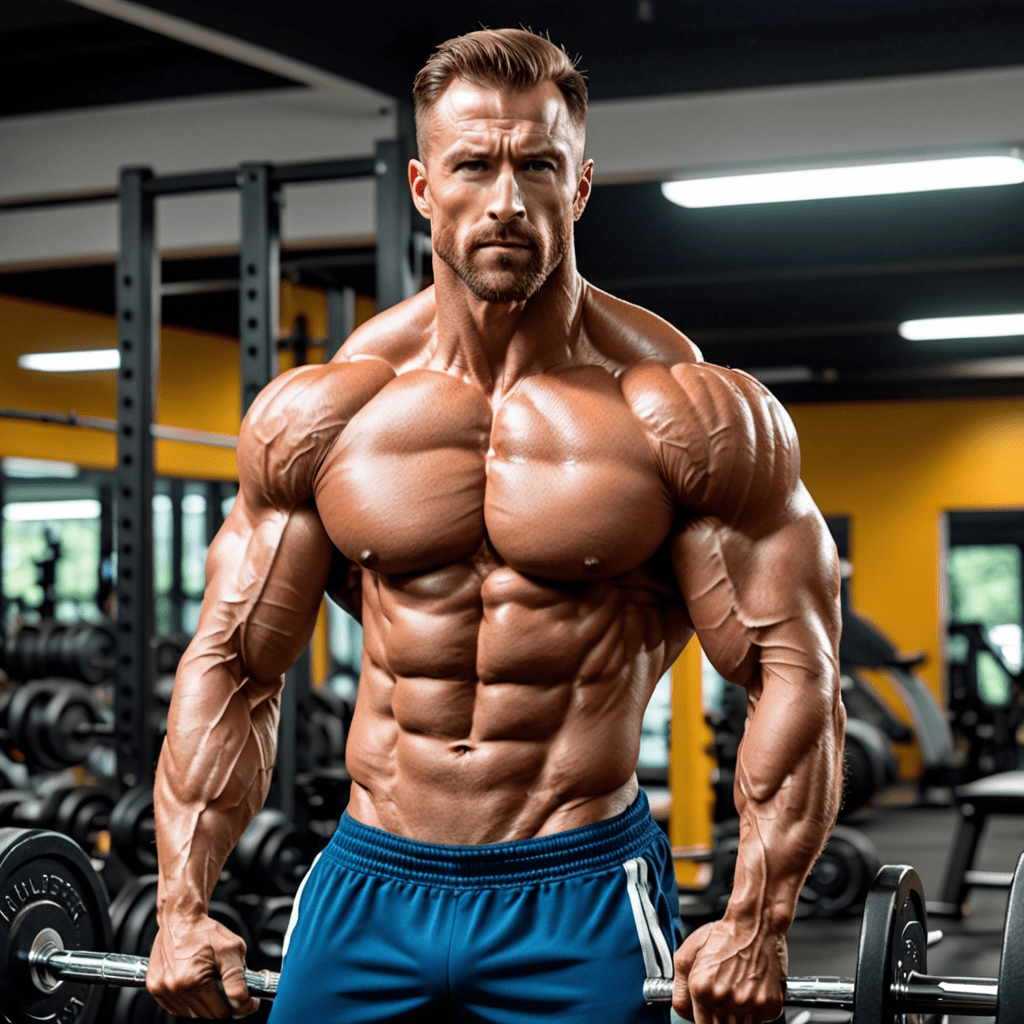
The Role of Protein in Muscle Building and Repair
Protein plays a crucial role in the growth, repair, and maintenance of muscle tissues. Whether you’re an athlete, fitness enthusiast, or simply looking to maintain a healthy lifestyle, understanding the role of protein in muscle building and repair is essential.
Understanding Protein and its Building Blocks
Proteins: Proteins are macronutrients made up of amino acids, which are often referred to as the building blocks of life. There are 20 different amino acids, and the body requires all of them to function properly.
Protein and Muscle Building
Muscle Synthesis: When you engage in activities that exert stress on your muscles, such as strength training or resistance exercises, it causes microscopic damage to muscle fibers. Protein plays a critical role in repairing and rebuilding these fibers, leading to muscle growth and strength gains.
Protein Requirements for Muscle Building and Repair
Adequate Intake: The amount of protein needed for muscle maintenance and repair varies depending on factors such as age, sex, weight, and physical activity level. In general, athletes and individuals engaged in regular exercise may require more protein than sedentary individuals.
Timing: Consuming protein-rich foods or supplements shortly after a workout can aid in muscle recovery and repair. This is because the body is in a heightened state of protein synthesis during this post-exercise window.
Sources of Protein for Muscle Building and Repair
Animal Sources: Lean meats, poultry, fish, eggs, and dairy products are rich in high-quality protein and essential amino acids, making them excellent choices for muscle building and repair.
Plant Sources: Legumes, nuts, seeds, tofu, and other plant-based protein sources can also provide the body with the necessary amino acids for muscle maintenance and repair.
Protein Supplements for Muscle Building and Repair
Whey Protein: Derived from milk, whey protein is a popular supplement known for its fast digestion and high amino acid content, making it an ideal choice for post-workout recovery.
Casein Protein: Another milk-derived protein, casein, is absorbed more slowly by the body, providing a sustained release of amino acids over time, making it suitable for consumption before long periods of fasting, such as overnight.
Conclusion
Protein is undeniably vital for muscle building and repair. Its role in facilitating muscle synthesis, providing essential amino acids, and supporting overall recovery cannot be overstated. Whether through dietary sources or supplements, ensuring an adequate intake of protein is paramount for individuals looking to optimize their muscle-building efforts and support the repair of damaged muscle tissues.
FAQ: The Role of Protein in Muscle Building and Repair
What is the role of protein in muscle building and repair?
Proteins are essential for muscle growth and repair. When consumed, proteins are broken down into amino acids, which are the building blocks of muscles. Amino acids aid in repairing and rebuilding muscle tissue, promoting muscle growth and recovery.
How does protein contribute to muscle building?
Proteins provide the necessary amino acids for muscle protein synthesis (MPS), the process through which muscles repair and grow. Consuming protein post-exercise can enhance MPS and help increase muscle mass and strength over time.
What are some good sources of protein for muscle building and repair?
Lean meats, poultry, fish, eggs, dairy products, legumes, and plant-based sources such as tofu and tempeh are excellent sources of high-quality protein. Protein supplements like whey, casein, and plant-based protein powders can also be beneficial.
How much protein should I consume for muscle building and repair?
The recommended protein intake for muscle building is about 1.2-2.2 grams of protein per kilogram of body weight per day. Athletes and those engaging in intense physical activity may require higher protein intake.
Is timing important when consuming protein for muscle building and repair?
Yes, timing is crucial.


